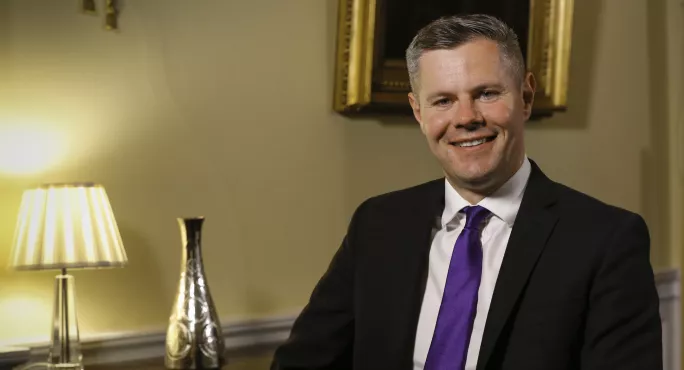Scotland’s colleges will see their budget increase by £18.5 million next year, according to the finance secretary. In his budget speech today, Derek Mackay announced the government planned to invest £606.5 million in the sector in 2019-20 - up from £588.3m in 2018-19.
That represents a 3.1 per cent increase in cash-terms and 1.3 per cent in real terms year on year, Tes understands. The budget aimed to support Scotland’s young people to fulfil their potential, and develop future talent and innovation, according to the budget document.
Colleges in Scotland have seen their staff costs increase significantly through the return of national bargaining and associated harmonisation exercises and pay deals for teaching and support staff.
‘Real-terms increase’
Overall, “the education portfolio will receive a real-terms increase in investment in 2019-20,” said Mr Mackay in his speech in the Scottish parliament.
He also announced that through Skills Development Scotland, the government would invest over £214 million in apprenticeships and skills next year - an increase of £22 million. “This investment supports the ongoing expansion of apprenticeships in Scotland as we progress towards 30,000 starts per year by 2020; pre-employment training opportunities; the national careers service; and implementation of Developing the Young Workforce (DYW).”
NUS Scotland president Liam McCabe said the budget “failed to state how the government intends to invest in and deliver a student support system based on fairness, parity and clarity, as set out in the independent review of student support”.
“In the months ahead, the government must set out a clear path detailing how it will move toward a system where every student receives vital financial support at a level that is tied to the real living wage as it rises. While the government’s continued commitment to free tuition for most levels of study is welcome, NUS Scotland has long outlined that this alone is not enough - and that levels of student debt in Scotland are rising to record levels. We will work to ensure that increased investment in student support is focused on a non-repayable bursary.”
He added improving mental health services for students had long been a campaigning priority for NUS Scotland, and the government’s recognition of the need to tackle the mental health crisis unfolding on Scotland’s campuses was welcome. “NUS Scotland figures released earlier this year showed a 76 per cent rise in students trying to access counselling services, so the commitment to provide more counsellors in colleges and universities is much needed. We look forward to seeing more detail on these plans.”




